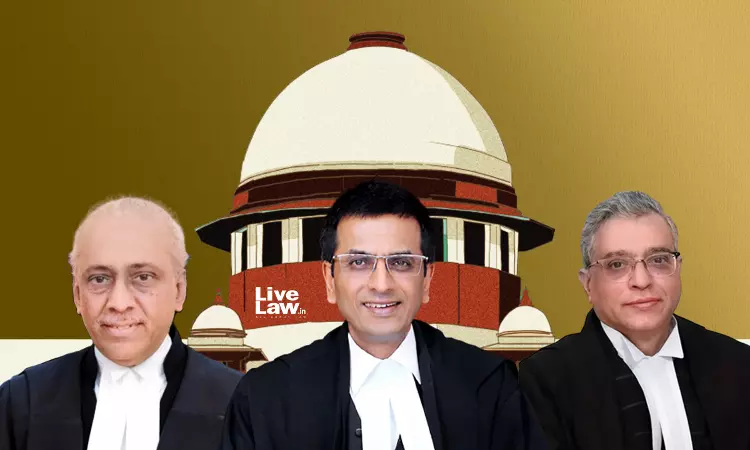Judicial Officers' Inability To Meet Targets During Initial Years Need Not Be Viewed Seriously : Supreme Court Relaxes ACP Norms For Civil Judges( Jr Div)
LIVELAW NEWS NETWORK
26 May 2023 9:03 AM IST

"A Civil Judge (Jr Div) is normally in the process of learning the work in his first two years"
Next Story


